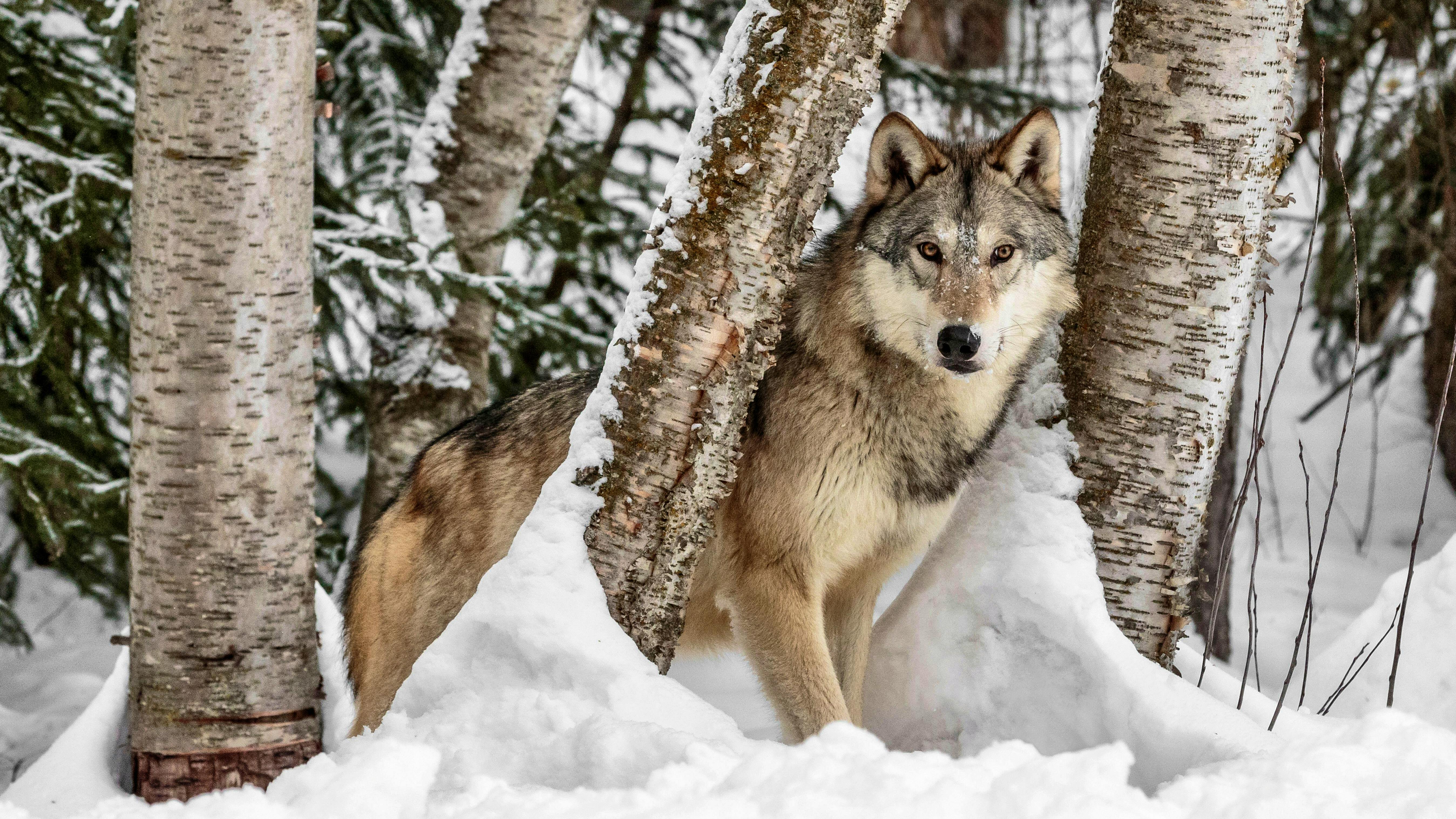Senate Sportsmen’s Bill Mimics Destructive House Version
Throughout my career, I’ve witnessed progress on many conservation issues, including endangered species protection, habitat management and the fight against climate change. But in recent years, the cornerstone environmental laws that safeguard our natural heritage have come under ever more aggressive attacks from Congress.
Legislative proposals that assault the integrity of the Endangered Species Act (ESA) and undermine conservation crop up almost everywhere you look. H.R. 2406, the so-called “Sportsmen’s Heritage and Recreational Enhancement (SHARE) Act,” passed the House of Representatives in February. Supposedly meant to improve sporting and recreational opportunities, it was riddled with anti-environmental provisions and was a disaster for our wildlife and public lands. Now, S. 659, the “Bipartisan Sportsmen’s Act of 2016,” has been approved by the Senate Environment Committee and is waiting for consideration by the full Senate. Some of the worst provisions in the House bill also appear in this Senate version.
Similar to its House counterpart, S. 659 has quickly become a vehicle for undermining America’s bedrock conservation laws. If this legislation passes the Senate and makes it across the President’s desk, it will have devastating consequences for some of our most iconic wildlife.
 Just like in H.R. 2406, the Senate sportsmen’s bill continues the war on wolves by stripping away federal protections for gray wolves in Wyoming and the Great Lakes region. It overrides two federal court decisions that found that agency rules delisting wolves violated the ESA. The legislation also bars citizens from further challenging these wolf delistings in court. Congress should not be meddling with ESA listings for individual species. These decisions should be based on science, not politics.
Just like in H.R. 2406, the Senate sportsmen’s bill continues the war on wolves by stripping away federal protections for gray wolves in Wyoming and the Great Lakes region. It overrides two federal court decisions that found that agency rules delisting wolves violated the ESA. The legislation also bars citizens from further challenging these wolf delistings in court. Congress should not be meddling with ESA listings for individual species. These decisions should be based on science, not politics.
The Senate bill also mirrors the harmful House sportsmen’s bill by blocking the U.S. Fish and Wildlife Service (Service) from finalizing a rule to protect wolves, grizzly bears and other native carnivores on federal national wildlife refuges in Alaska. The state of Alaska has adopted an intensive “predator control” policy designed to dramatically reduce these species in order to artificially boost game populations. This scientifically indefensible program authorizes extreme non-subsistence hunting practices for these iconic carnivores, including trapping, baiting, aerial gunning, killing at den sites and killing mothers and young. The Service’s new rule would prevent the application of these aggressive killing methods on America’s wildlife refuges, ensuring these public lands are managed in accordance with fundamental federal laws to conserve species and habitats in their natural diversity. Yet the House and Senate sportsmen’s bills bar these essential conservation measures.
Both the House and Senate bills are a nightmare for wildlife. They pander to special economic interests, block commonsense regulations, overturn Endangered Species Act protections and interfere with management of our national wildlife refuges. The House version even includes a provision that blocks efforts to crack down on the illegal ivory trade– despite the fact that an African elephant is poached every 15 minutes for its ivory tusks, pushing this treasured species closer and closer to the brink of extinction.
It’s frustrating to see these continual attacks on our nation’s conservation legacy -especially when perpetrated by our congressional leaders. This unsportsmanlike bill is just one of many attacks. In this session of Congress alone, we have seen over 100 legislative attacks on the ESA and an inestimable number of other anti-wildlife, anti-environmental proposals. There is so much at stake. We must remain vigilant to ensure none of these efforts succeed.
Originally published on Huff Post Green







Follow Defenders of Wildlife
facebook twitter instagram youtube tiktok threads